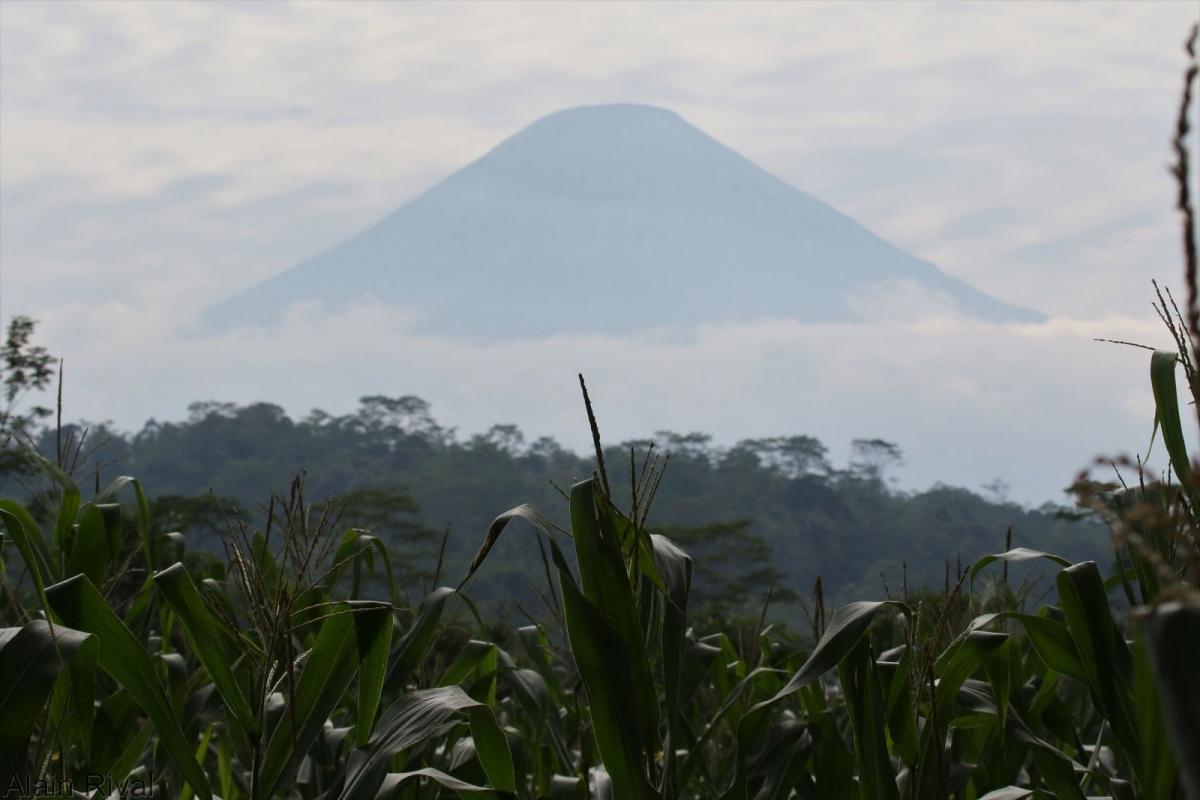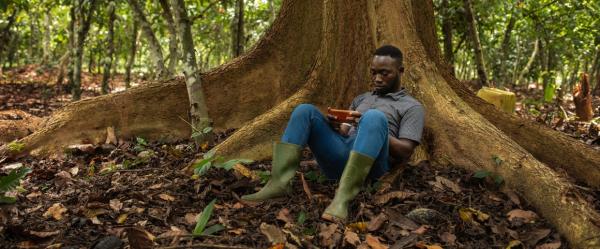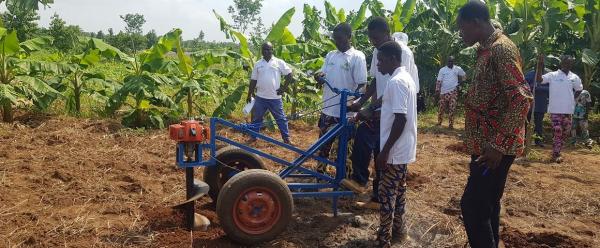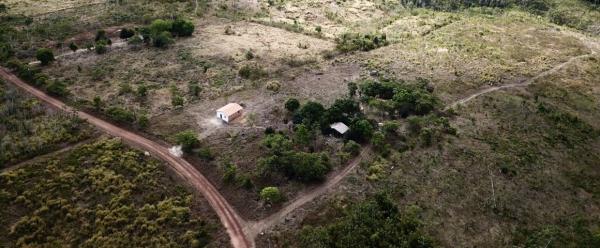Call to action 25 November 2025
- Home
- CIRAD news
- News
- Responsible large-scale agricultural investments G20 more transparency
Responsible large-scale agricultural investments in and by G20 countries: a call for more transparency

Demand for agricultural land is continuing to increase, due to global population growth and changing food consumption patterns. This has in turn triggered a rise in large-scale land acquisitions (LSLAs), which often involve G20 member states. There has been fierce debate around such investments in recent years, since many of the projects concerned have failed to benefit local populations, and have indeed been associated with negative environmental impacts, resulting in threats to ecosystems and in biodiversity losses.
The G20 has recognized the need for more responsible land investments. Several UN-led guidelines and principles see such investments as a major factor for development that can help fight poverty and hunger, provide decent jobs and ensure gender equality, provided they are made "responsible".
However, the T20 task force responsible for this policy brief observed that despite promises, few LSLAs are currently sustainable or responsible, and that there is a dearth of reliable information around such investments. It therefore makes various proposals to ensure that the G20 acts to protect people's land rights, ensure local economic benefits and limit environmental harm.
The mechanisms of human rights should be included in global supply chains
The task force suggests establishing a working group to compile information on the member countries that already practice due diligence with respect to human rights, with a view to drafting common minimum standards in the long term. It acknowledges that while change is urgently needed, this will be a long-term undertaking.
The G20 should take the lead in increasing transparency for LSLAs in and by G20 member states
The policy brief states that the G20 should encourage initiatives to enforce the implementation of guidelines for responsible, transparent agricultural investment by G20 member states. In particular, it recommends that project- and company-level information on LSLAs be made publicly available on open data platforms.
Similarly, it states that the G20 should ensure that public entities are fully transparent, notably by making release of information mandatory for projects that receive public support. That information should include the main investors, the area of land acquired and its location, the consultation processes implemented, the displacement of local people, and project progress.
A working group to foster transparency
Lastly, the task force concludes that G20 member states should build a working group to foster open data on LSLAs, to enable stakeholders to hold investors to account and thus boost the sustainability of such investments and make investors more responsible.
It calls upon the G20 to put sustainable and responsible investment, trade, and supply chains on the agenda of the G20 Trade and Investment Working Group.
* T20 (or Think20) is the G20 "ideas bank", providing research-based recommendations and facilitating interactions between the G20 and the research community.
Responsible large-scale agricultural investments in and by G20 countries: a call for more transparency
Insa Flachsbarth, Jann Lay, Kerstin Nolte, Angela Harding, Ward Anseeuw, Jérémy Bourgoin
T20 Task Force 10 (Sustainable Energy, Water and Food Systems), 2020.



























